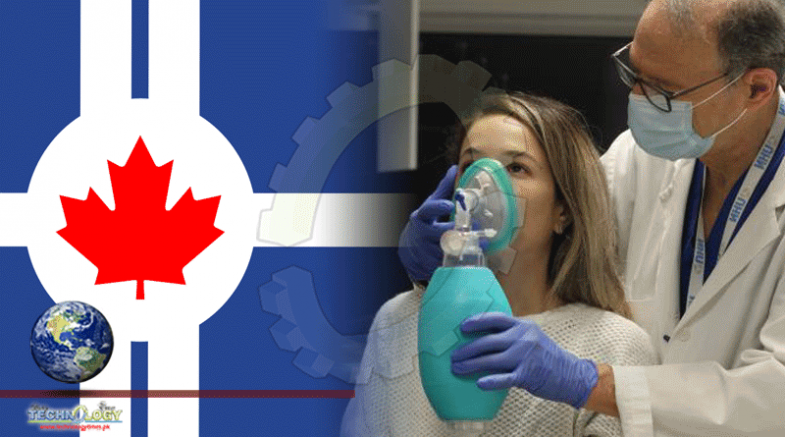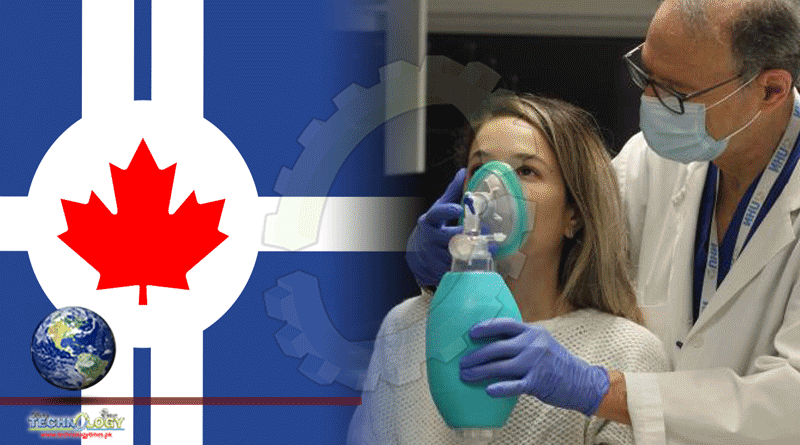Researchers From Toronto Found A Pretty Simple Solution To An Age-Old Problem For Those Of Us Who Are No Stranger To A Drink Or Ten

Since the dawn of time, us humans have had to deal with the painful consequences of booze cruises, leaving us perpetually on the hunt for a way to sober up — and get rid of hangovers — faster.
Whether your imbibing is celebratory or consolatory, the end result remains the same: the overwhelming feeling of sickness when you realize you’ve consumed too much, followed by the spins, the headaches, the nausea, and maybe even the delirium tremens if you’re a real champ (yes, the medical phenomenon the delicious golden ale is named after).
Along with just being an overall shitty experience, over-consumption can also be seriously dangerous and life-threatening.
But now, a group of researchers from Toronto has found a pretty simple solution to an age-old problem for those of us who are no stranger to a drink or ten.
Though booze is largely metabolized in the liver, there is a bit of metabolism that happens via the lungs — and there is apparently a way to increase and accelerate this role the lungs play, as published in the new article in Scientific Reports.
The methodology is basic: hyperventilation, but with a caveat to prevent the usual dizziness and fluctuation in oxygen and carbon dioxide levels that comes with quickened breathing.
Scientists from the University Health Network (UHN) found that when an intoxicated person is forced to hyperventilate while breathing through a special device that maintains the body’s balance between the two gases, their blood alcohol levels drop within minutes.
In the study, the blood alcohol levels of the hyperventillating participants were reduced by more than half, hitting levels within 40 minutes that would normally take a whole two to three hours for the body to process.
The technique is definitely a game changer in the world of drinking and hangover science, and more importantly, potentially a lifesaver for people who may be suffering from alcohol poisoning.
The team behind the research will hopefully be conducting further studies to determine the full benefits of hyperventilation on ethanol metabolism, and perhaps it will one day serve as a key treatment for patients.
This news was originally published at Blog To
